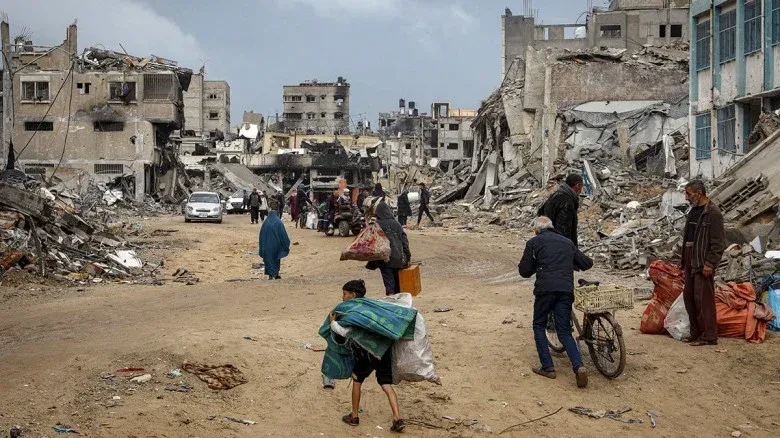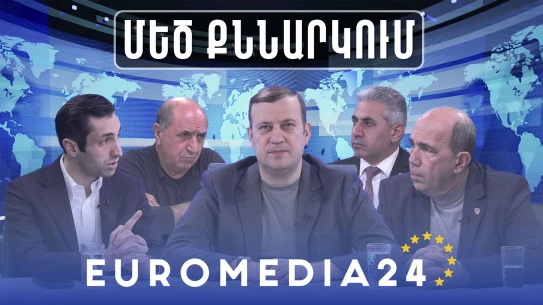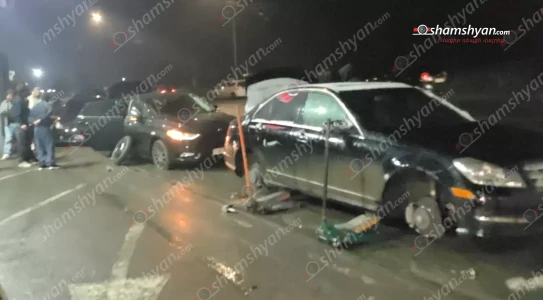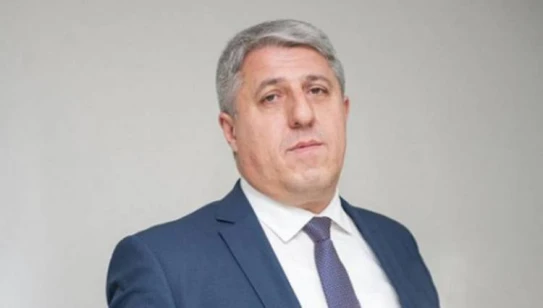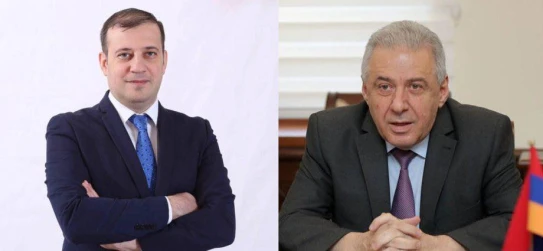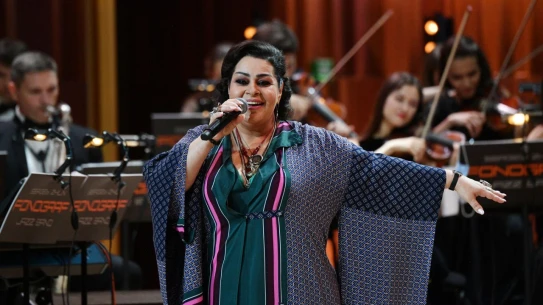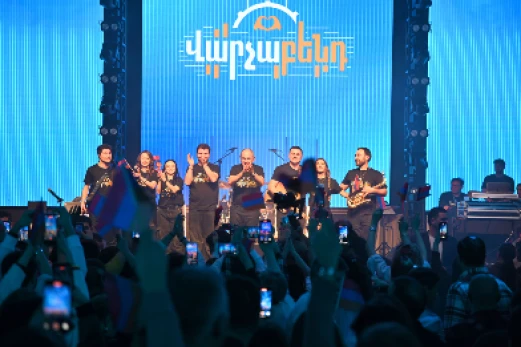The "Fact" daily writes:
Against the background of active geopolitical developments, the international community is more and more of a large-scale conflict to resolve the issue, to restore the terms of the minimum humanitarian and lifestyle for the Palestinians, and in the long run, to move towards steady peace and coexistence.
At the current stage of the Israeli-Palestinian conflict, a 20-point comprehensive plan has set effective mechanisms for the vital infrastructure for the vital infrastructure, to ensure the return and well-being of international control and humanitarian assistance.
This plan includes issues not only the direct ceasefire, the role of humanitarian corridors, but also long-term institutional changes, including local self-government's introduction of international mechanisms, starting economic recovery programs, as well as legal and security guarantees for all parties.
The wording of such plans, at least at the theoretical level, reflects a stable and acceptable solution without institutional solutions, especially in conflicts, where the parties do not trust each other, and where the last military operations have been accompanied by massive. with the victims of the suffering of the civilian population and the dynamics of hatred.
In the case of Gaza, this period of 20 points, even if it is fully, at least enables the parties to discuss specific steps, substantive mechanisms, flexibility for the restoration of the minimum humanitarian conditions and the establishment of further political dialogue.
However, the approaches, tools and mediation efforts of the same international community have obviously lacking full ethnic filtering, disportional and the right of the existence of the existence of the Armenian law, in the form of phased settlement, international guarantees, security and self-models. Nominate for Artsakh.
At first glance, it may seem that in the case of Gaza, international activity is due to the most geopolitical role of the region, the allies of Israeli allies and the global Palestinian issue. But the deep analysis reveals that we are dealing not only with geopolitical, but also the value of large-scale military operations, which was followed by the international community for extreme violence and crimes Mass punitive actions.
The attacks carried out by Hamas, which were accompanied by violence not only military but also against the civilian population, were sentenced to international levels as terrorist attacks and war crimes. Israel's response has also been criticized with the deepening of the mass victims of the civilian population, regardless of all this, the United States, and other international players Development of institutional solutions.
This approach shows that even the most difficult and emotional conflicts, international actors realize the integrality of the security, return and development of the population. However, the approach of the international community was qualitatively different.
Despite the war in the 2020, then the blockade and aggression, the Armenian population of Artsakh was never a phased, comprehensive settlement plan, which included specific mechanisms for the living, self-government, development, development and international guarantees. The international community was limited to urges, non-imposed statements, and mediation efforts were mainly formal, without the use of real pressure on Azerbaijan, without humanitarian intervention or security guarantees.
As a result, Azerbaijan has the opportunity not only to resolve the issue by military, but also genocidal actions in the form of ethnic cleaning, without any real punishment or international response. The Armenians of Artsakh appeared in the state of disgusting, legal uncertainty and the future, unlike the Gaza Population, for which even now, in the worst situation, the issue of return, lives and institutional guarantees remained on the agenda.
And the deep causes of why it were not possible to use the logic of the regulation proposed for Gaza in the case of Artsakh, they are diverse. First of all, the issue of Artsakh was never yet recovered as a matter of full humanitarian and self-determination. In contrast, the dominant approach was that the priority within the framework of international law is given to the territorial integrity of Azerbaijan. This position allowed Baku to use the option to resolve the use of force without hindrance, depriving the Armenians of Artsakh. On the other hand, the conflict between international actors, especially Western states and Russia, as well as the relatively low level of geopolitical significance in the region, did not allow for pressure necessary for humanitarian intervention.
Here it is necessary to emphasize a certain difference between Azerbaijan and Israel's practice. As a rule of law, Israel, even under the tough military operations, operates under certain borders, under the constant control of international allies, their own society and the media.
And in the case of Azerbaijan, the opposite is true. The Baku authorities are not the destruction of international law, genocide, cultural heritage, and torture of prisoners, the forced deportation of the civilian population, erasing historical heritage. Cultural destruction, the transformation of the churches there is demolition, defilements of graves and the beheading of people have become an important part of state policy in Azerbaijan without any legal or humanitarian prohibition. In this situation, the indifference of the international community is not only more than tragic, as there is no only political will, but the lack of a settlement for Artsakh in this context. By absolute violation of norms.
What is possible or at least discussion for Gaza, phased regulation, international guarantees, protection of the right of the population, after Hamas's crimes, even in Artsakh's case. This testifies to both double standards, so the deep crisis of the international system can cause more harm to mankind.
Artak Galstyan
















